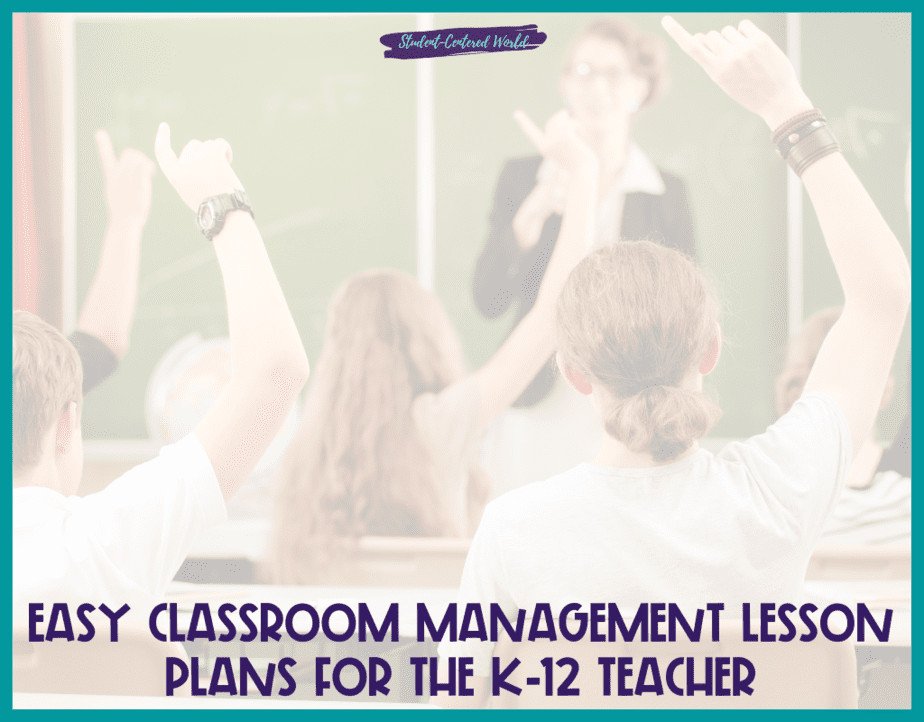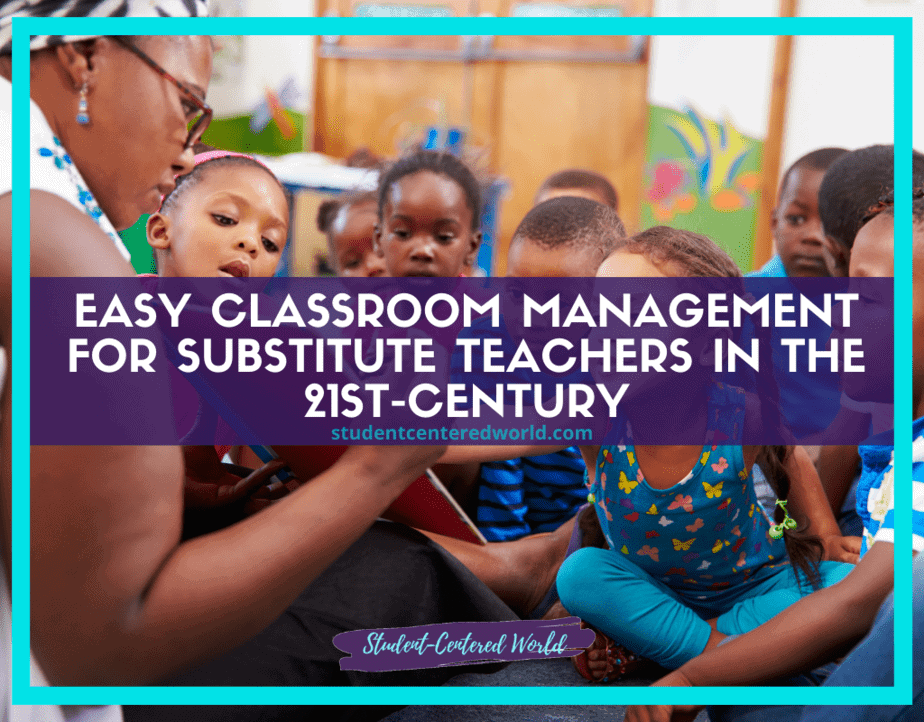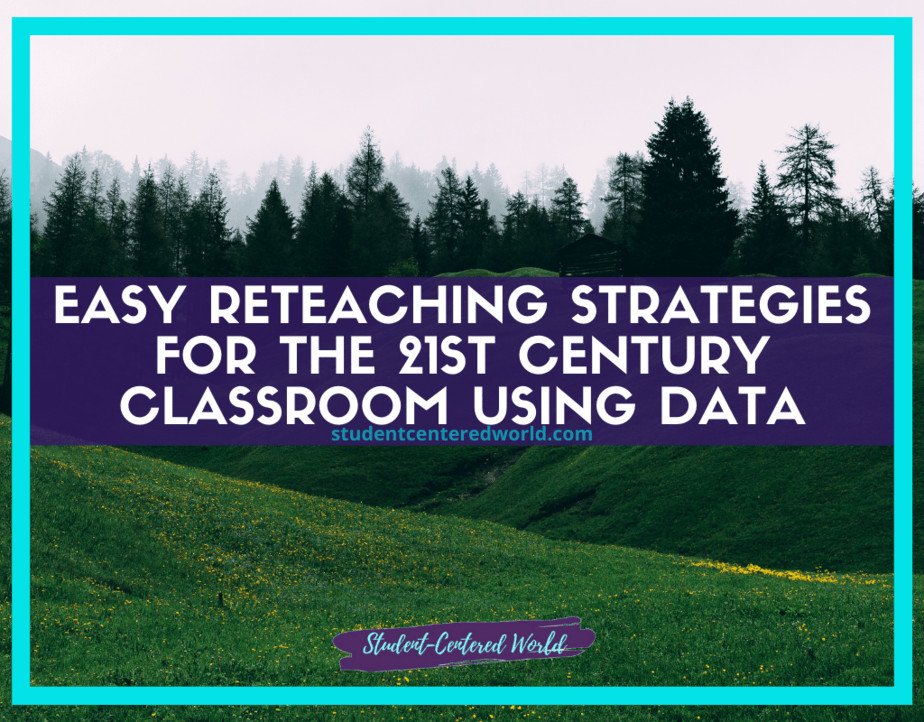Easy Classroom Management Lesson Plans for the K-12 Teacher
Classroom management lesson plans are a tricky thing to find. While classroom management activities should be incorporated into every lesson, it’s also important to acknowledge that when you are in a new classroom (perhaps for a new school year), engaging classroom management lesson plans are the perfect way to start your new journey together.
First Day of School Classroom Management Lesson Plans
Regardless of where you work, a first day back somewhere can be pretty daunting. The first day of school is no exception! Of course, the children are going to be excited and full of beans, but as educators, we have been training them from an early age for this moment. We’ve been preparing them all summer long for the big move into the classroom. We stand before them day after day in their final year of pre-school learning all about what we expect from them from September onwards, and now the moment is about to happen!
Some teachers spend all summer thinking about how great the first week will be… Other teachers spend it worrying about how on earth they will handle the first week! How about you? Have you thought for a moment about how to make those first days as easy as possible? You know that with your experienced and new class, it’s going to be a bit of both.
Every year we face the challenge of teaching children how to behave in their new environment, and every year we face the challenge of teaching them how to work as a team. We have to take into account all those children who have been together for ages, working perfectly well together… But now there are new children in the class, so we need to address this too!
There is a lot that goes into planning a fun first day back with your class, but the most important piece that will be the foundation for your entire year is your classroom management lesson plans.
The first day of school is a big deal. You want to let your class know how excited you are about their year together, but you also need to set the foundation for all those rules and routines that will lead them in the right direction. Classroom management lesson plans need to work hand in hand with “getting to know you” activities and ice breaker games so that your class can start knowing each other quickly. You want that foundation laid on the first day!

If you don’t have a classroom management plan for this year, here are some tips to help when setting out the structure from day one:
1. Make them comfortable!
You have just stepped into a new classroom. Do you remember that feeling of being on the first day at a new school/college? Remember how important it was to find your feet quickly? Your students will be looking for security too, so make them feel as comfortable as possible, welcoming them with open arms! They need to know that you are going to help them through this year.
2. Let the children communicate with you
One of the biggest things for a child on their first day is being afraid of approaching a new teacher. When you approach the children, try and let them feel as comfortable as possible by creating an open space where they can put their hands up and feel confident about approaching you. If you see someone looking at their friend and whispering, don’t ignore it! Go over to them and ask what is wrong – I can guarantee it will be something important!
3. Set the boundaries right away
Now we all know that as much as we would like to play with our class, keeping our classroom structured is important. Therefore, it is a good idea to let the class know as soon as possible what they should be doing and when. This can be through some nonphysical reinforcement such as giving them a sticker every time they follow the rules of your classroom management plan, or you could simply say “thank you” after they do something you like. The ultimate goal here is to make them as comfortable as possible with obeying the rules, and reinforcing those rules as soon as possible can pay dividends later on in the year.
4. Establish a routine
Keeping things structured from day one will not only help your students feel more secure, it will also give them a sense of belonging. One of the best things you can do is to set up a routine that your students follow every day. For example, start this routine by taking attendance, then read a story or an interactive writing prompt together. Acknowledge some great work by giving out stickers/tokens related to what you are doing in class on that particular day, and end with some great homework. A great way to do this is to write it on the board as you do that particular step (i.e. “1. Taking attendance” or “2. Listening to a story”)
5. Breakdown those rules
Although there are probably some big no-nos in your classroom, there are also some little things that you don’t want your students to do. For example, it is not ok to throw objects around the room. Pointing out these small rules right away will ensure that your students feel more comfortable about following them.
Making sure all of this is incorporated into your first days of school classroom management lesson plans is key to your overall success.

Incorporating Pieces of Classroom Management Lesson Plans Daily
Classroom management lesson plans can also help you to cover the other important elements of your lesson execution – like teaching academic content, managing behavior, and providing an overall educational experience for both the teacher and students.
With this in mind, we have put together a range of ideas that teachers can implement right away…
The important thing to remember about classroom management lesson plans (and the key to improving your classroom management plan) is understanding that effective teaching isn’t just about what you do; it’s also about what you do not do.
So, how can you improve your own classroom management? One of the first steps in planning how you will handle behaviors during the day. It may be helpful to think about your own classroom management strategies in the following way:
Identify three possible behaviors that you expect during your class periods. Think about at least two different ways that your students can cope with their behavior and one option for how to handle it if they don’t. Be sure to choose at least one proactive strategy (like positive reinforcement) and at least one reactive strategy (like a consequence) for each scenario.
In addition to planning how you will handle misbehavior, make sure that you are prepared to explain the day’s plan before it begins so that students know exactly what is expected of them. Keep your agenda posted at all times, both on your board and in your handouts for students. Check-in with your class periodically to see that they are on track, and keep the lines of communication open so that everyone knows what’s going on.
Classroom management lesson plans can be made up of a combination of these ideas and more.
It is also important for teachers to remember that classroom management does not stop when the bell rings. Set aside time at the end of each day to check in with students, both individually and as a group, to make sure that they are on the right track for tomorrow. Request feedback from them, too – it could be very helpful for you to know what did (and didn’t) work about your classroom management plans.

The Importance of a Classroom Management Routine
As teachers, we have an extensive list of things to do each day. We must teach facts and skills, plan lessons, respond appropriately to students’ needs, attend staff meetings and implement effective assessment strategies. In addition to these tasks, it is important for teachers to establish a classroom management routine. I am asked on a daily basis, “How do you manage students?” This question can be challenging because everyone is different and some techniques work for some people but not others.
However, whatever you land on as being totally in your wheelhouse, it needs to be consistent, understood, and held to. Sure, you can adapt and change as your classroom does, but there should be consistency in your classroom management plan above all else. Kids thrive on routine and knowing what to expect.
Be sure you communicate your routine to parents at conferences, as well. Your system is working if they don’t need to ask you about it. If they do, you may need to revisit your system or make a change.
Stop Driving the Teacher Struggle Bus
Are you struggling with student engagement, apathy, or keeping your class on track?
💫💫 There’s hope! 💫💫
Join my free teacher workshop “Choosing Choice” and in just 60 minutes, you’ll craft a practical plan to revitalize your teaching. Discover the magic of student choice in boosting engagement, gain quick implementation ideas, and explore strategies for year-long success.
Unlike overwhelming workshops, my approach guides you in real-time, providing more classroom options, reducing stress, and giving you more personal time.
Plus, you’ll earn a 1-hour professional development certificate and have 7 days of access.
Don’t miss this chance to transform your teaching; click below to secure your spot now!






